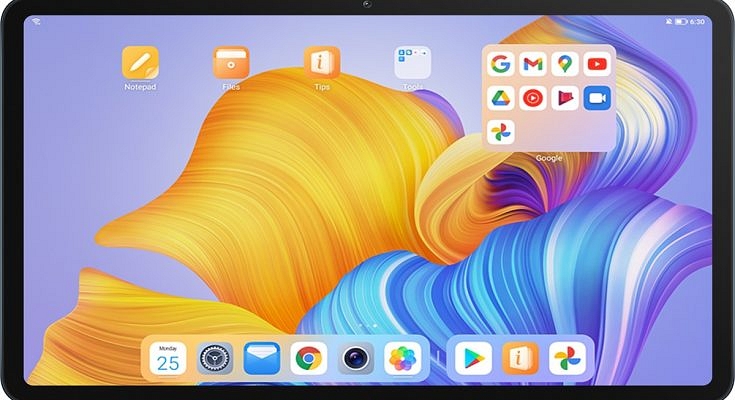Ley Highlights
- Honor Pad 8 sales have started this year in India via Flipkart
- All three tablets are affordable options for mid-range consumers
- All models feature an IPS LCD screen
It can be challenging to find an Android tablet in India these days because the majority of brands only sell versions that are either overpriced or weak. When it comes to Android development, Google hasn’t put a lot of emphasis on tablets, which makes it challenging for manufacturers to provide a high-quality experience (with apps) at an affordable price.
However, the same issues plague all Android tablets, regardless of the price range: a bad user interface (UI), unoptimized apps, and excessive screen waste. Apple’s iPads, in contrast, benefit from the iPad OS and receive stronger support from independent software developers.
What would happen if a smartphone manufacturer wanted to introduce a tablet that was more affordable than everything else on the market? We have compared Honor Pad 8, Realme Pad, and Redmi Pad. Let’s examine if, despite the general limitations of Android tablets, they are still a worthwhile purchase for anyone looking for a cheap tablet primarily for media consumption.
Also Read: Nokia T21 Vs Moto Tab G62 Vs Samsung Galaxy Tab A8: Best Android Tablet Under Rs. 20,000 In India
| Model | Honor Pad 8 | Realme Pad | Redmi Pad |
| Display | 12-inch | 10.4-inch | 10.6-inch |
| Camera | 5MP rear, 5MP front | 8MP rear, 5MP front | 8MP rear, 8MP front |
| Chipset | Snapdragon 680 | Helio G80 | Helio G99 |
| Battery | 7,250 mAh | 7,100 mAh | 8,000 mAh |
Honor Pad 8 Vs Realme Pad Vs Redmi Pad: Display Comparison
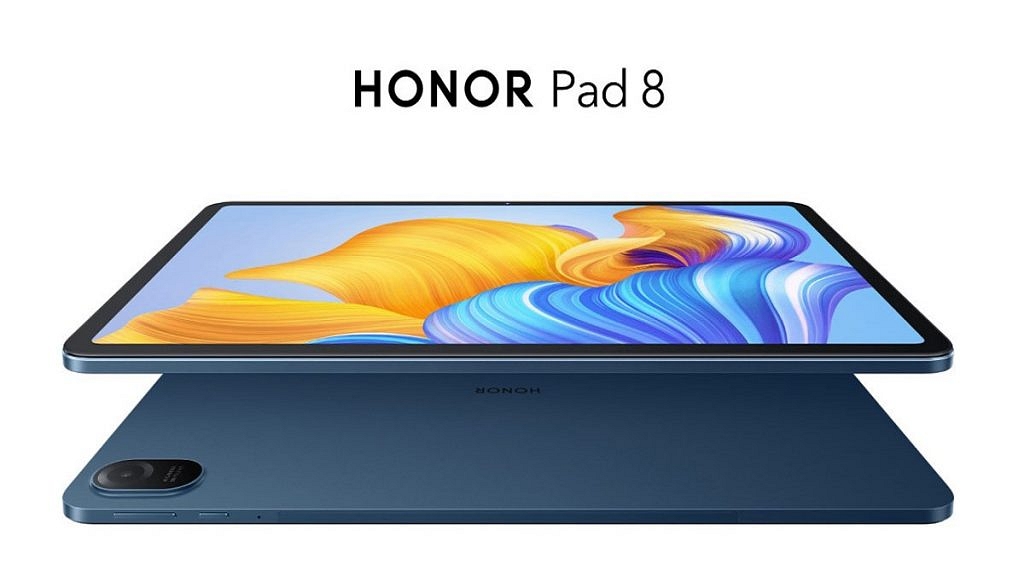
The Honor Pad 8 has an FHD+ resolution of 2,000 x 1,200 on the 12-inch IPS LCD panel and a 15:9 aspect ratio. When compared to the greatest Android tablets, the screen has huge bezels, but Honor benefits from this because there is enough space to hang on to at the sides.
The Realme Pad makes a strong first impression right away. The Pad has a metal body composed of an aluminum alloy, giving it a very upscale appearance. The chassis weighs 440 grams and is relatively lightweight considering its 6.9mm thinness.
The 10.4-inch WUXGA+ (2,000 x 1,200) LCD display takes center stage up front and is lovely and colorful too. It lacks the benefits of an AMOLED display and luxuries like a fast refresh rate or HDR capability, but it nevertheless produces vibrant, bold colors that are bright enough for outdoor use.
The Redmi Pad has a large, 10.61-inch display with a resolution of 2,000 x 1,200 pixels. The device’s 90Hz refresh rate display and support for up to a billion colors give it a slight edge over the competition. There isn’t any HDR10+ certification or Dolby Vision support, but the 10-bit screen is still capable of 70% NTSC coverage and has a maximum brightness of 400 nits.
Also Read: OPPO Pad 2 Vs OnePlus Pad 2 Vs Lenovo Tab P11 Pro (2nd Gen): Powerful Android Tablet Battle
Honor Pad 8 Vs Realme Pad Vs Redmi Pad: Camera Comparison
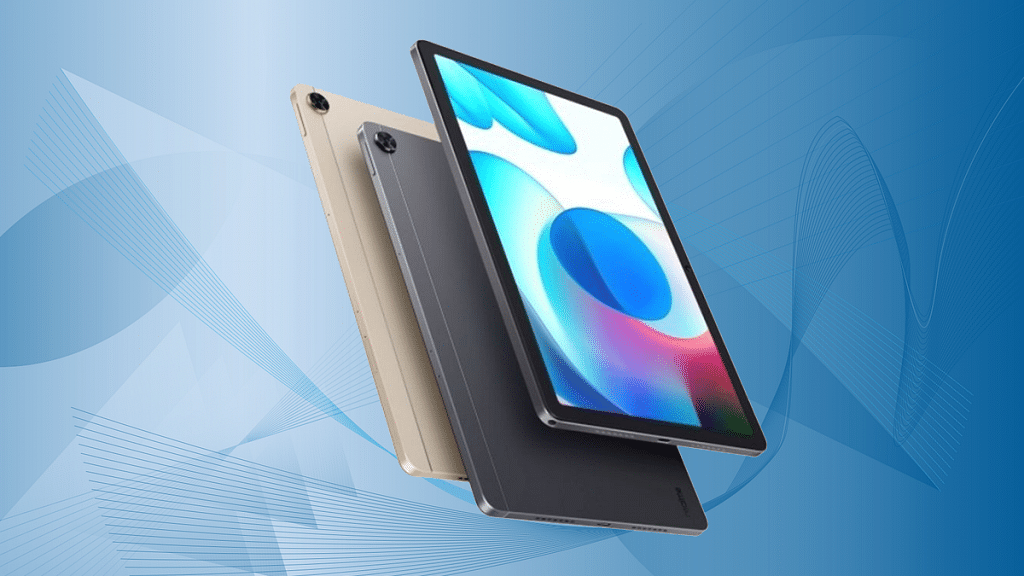
On the Honor Pad 8, there are two 5MP cameras: one on the back and one hidden in the side bezel up front. Given the size of the tablet and its intended use case, the rear camera is mostly an afterthought; you’re better off using your phone for snapping images. The front camera is adequate for video calls, and the one at the back is usable if you need to take a few pictures.
Both the front and back cameras on the Realme Pad are 8 megapixels. The camera interface on Realme smartphones is considerably different, with a minimalist design and only the most fundamental features and settings.
Realme has still made an effort to provide some diversity by incorporating an expert mode with manual options for ISO, shutter speed, white balance, autofocus, and exposure. The Redmi Pad’s front and rear cameras both sport an 8MP resolution. The rear-facing camera is not a wonderful tool for capturing your priceless experiences due to its poor dynamic range and slightly washed-out colors.
Also Read: Android Tablet Launch Roundup: Latest Tablets Launched In 2023
Honor Pad 8 Vs Realme Pad Vs Redmi Pad: Battery And Chipset
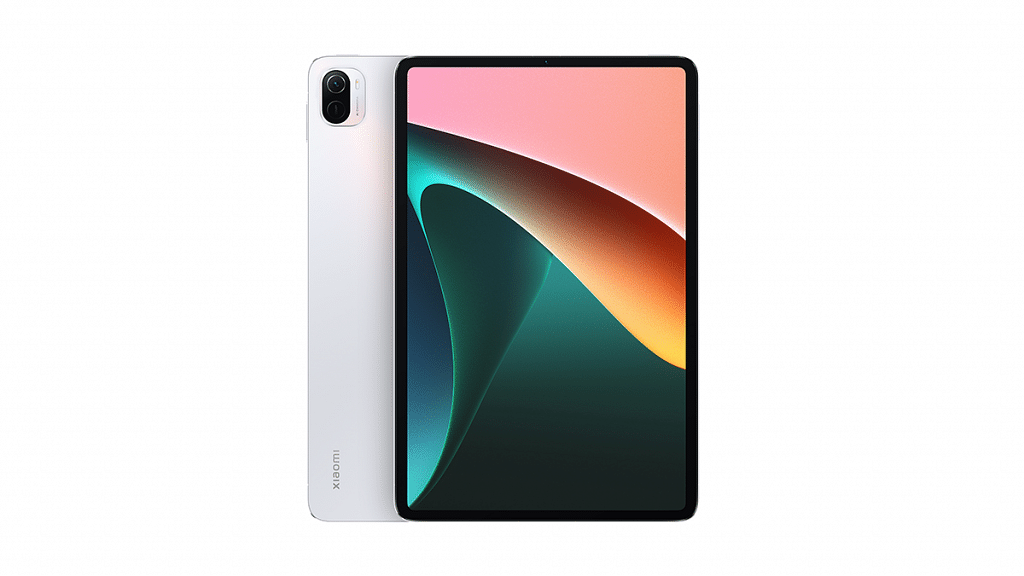
The Honor Pad 8’s hardware includes a 6nm Snapdragon 680 from Qualcomm. It has Cortex A73 and A53 cores. Furthermore, you get Wi-Fi ac and Bluetooth 5.1, as well as 4GB of RAM and 128GB of storage. The Honor Pad 8 has a 7,250mAh battery which is more than sufficient for daily use.
The Realme pad is powered by MediaTek’s Helio G80 SoC, an octa-core 12nm processor. Depending on the model you select, the smartphone has 3 or 4 GB of RAM on board, and you’ll find that it performs well for the majority of daily tasks like using social media apps, browsing the web, playing casual games, watching OTT content, etc. The 7,100mAh battery is another feather in the Realme Pad’s well-adorned cap and lasts fairly long.
The Redmi Pad is powered by MediaTek Helio G99 chipset. The processor comes with three different RAM and storage configurations: 3GB/64GB, 4GB/128GB, and 6GB/128 GB. The Redmi Pad has a large 8,000mAh battery.
The tablet’s loop test lasts for roughly 15 hours. With the size of the screen and the 5% battery loss in standby mode, it may easily go three to four days without a charge when used in a varied manner. Even though the tablet’s maximum charging power is only 18W, it comes with a 22.5W fast charger in the box. The battery must be completely charged for more than 2 hours and 30 minutes when using the provided brick.
Also Read: Best New Budget Android Tablets In India That You Can Buy: iTel, Nokia, And More
Honor Pad 8 Vs Realme Pad Vs Redmi Pad: Verdict
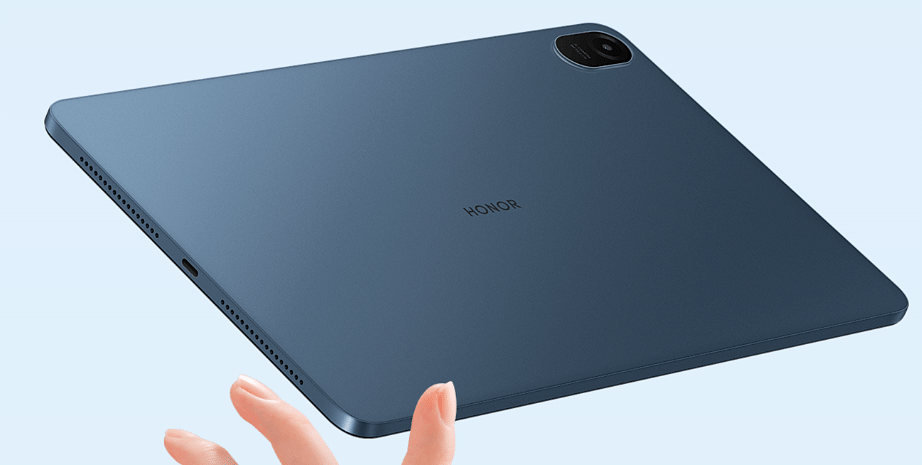
The Honor Pad 8’s affordability is one of its standout features; the tablet costs just Rs. 21,999 in India. As a result, the Honor Pad 8 has a lot to offer to those looking for a low-cost tablet primarily for browsing or watching films.
The superior yet lightweight design, respectable performance, reasonable screen, good audio, and extended battery life are the Realme Pad’s top features for a reasonably inexpensive tablet. Even while it might be a stretch to call it a disruptor, it’s still worth buying if you’re looking for a slate that can handle the typical content consumption use cases without burning a hole in your wallet.
The Redmi Pad has a simple design and is incredibly light in weight, making it simple to transport the gadget from one location to another. The tablet has respectable performance and works well for making video calls.
But not at all recommended if you want to take detailed pictures. The Redmi Pad’s battery is one of its best features. A full day of intense use will fully recharge the smartphone. I had about 42% left after watching three movies consecutively, for instance. The Redmi Pad is undoubtedly among the best “cheap” Android tablets now on the market.
Also Read: Itel pad 1 vs Samsung Galaxy Tab A7: Best Budget Tablet Under Rs. 15,000
